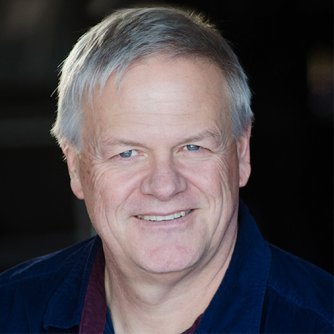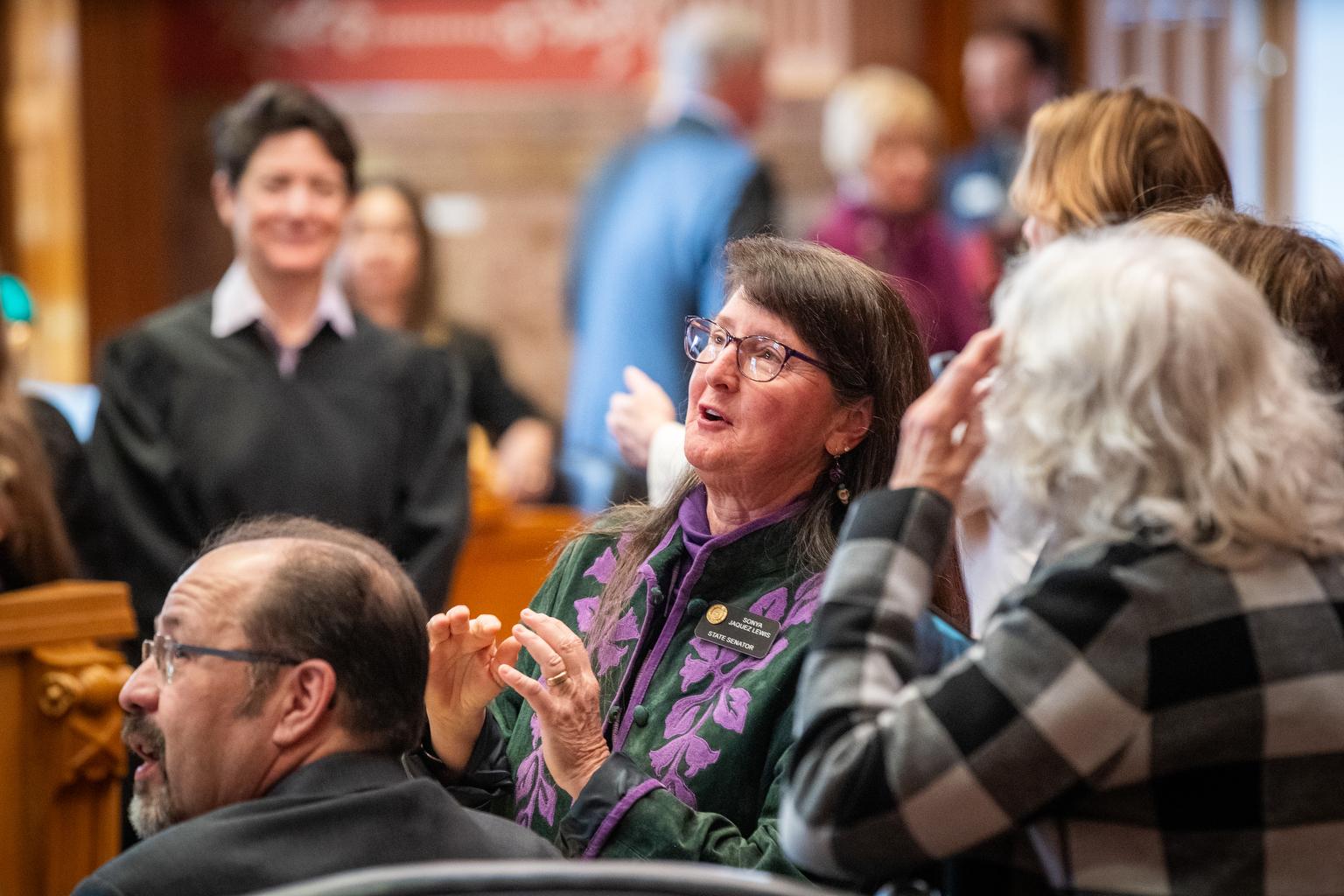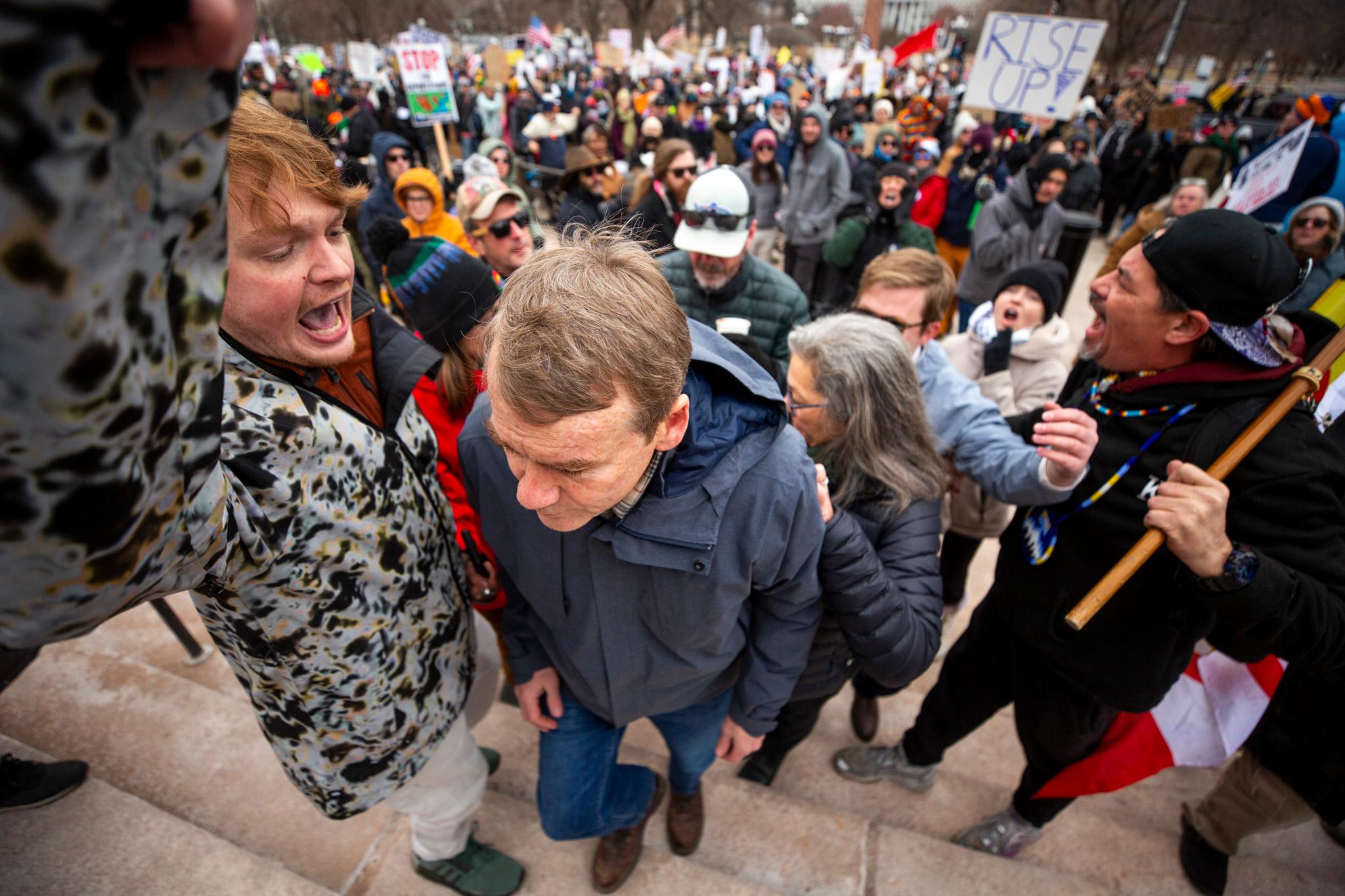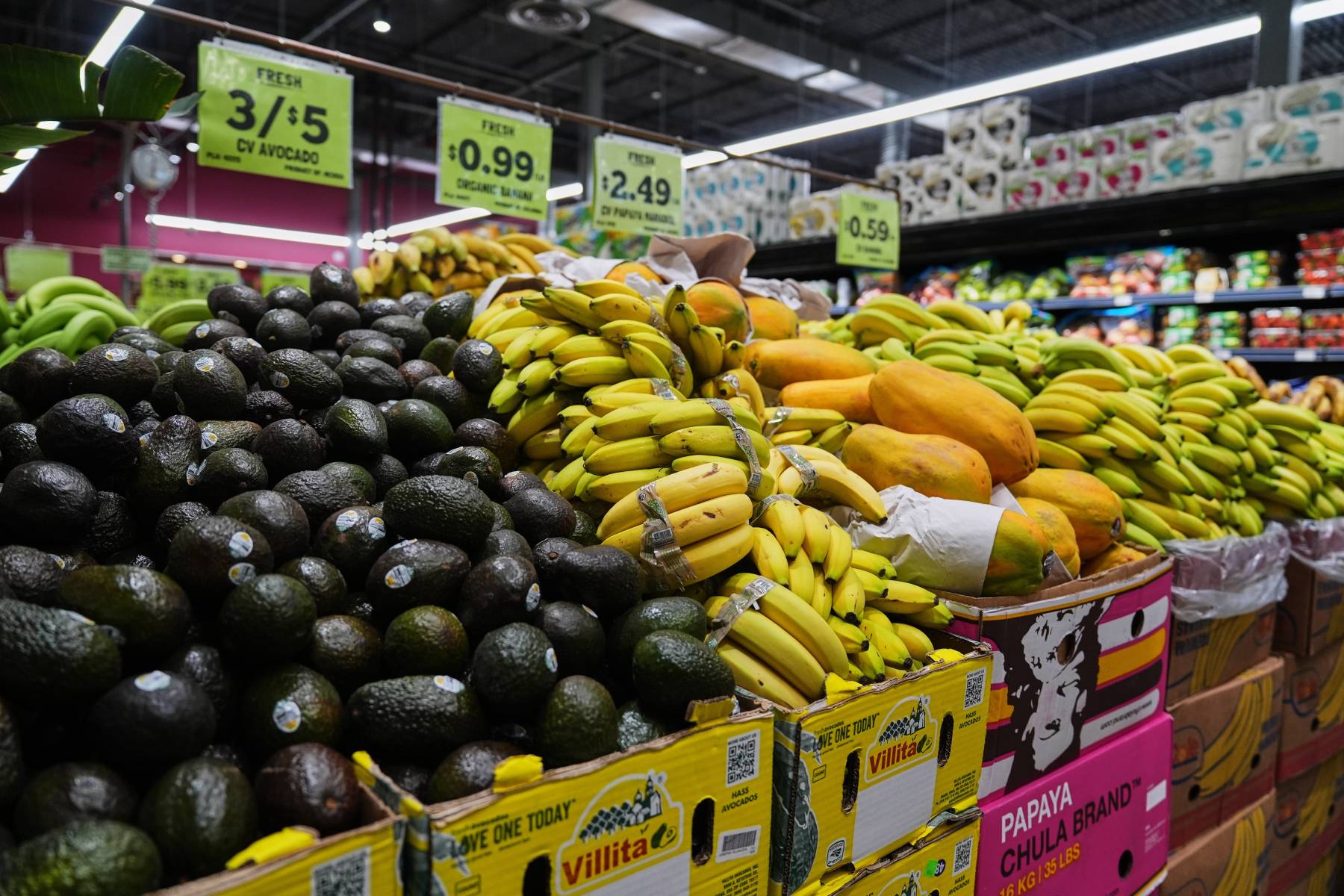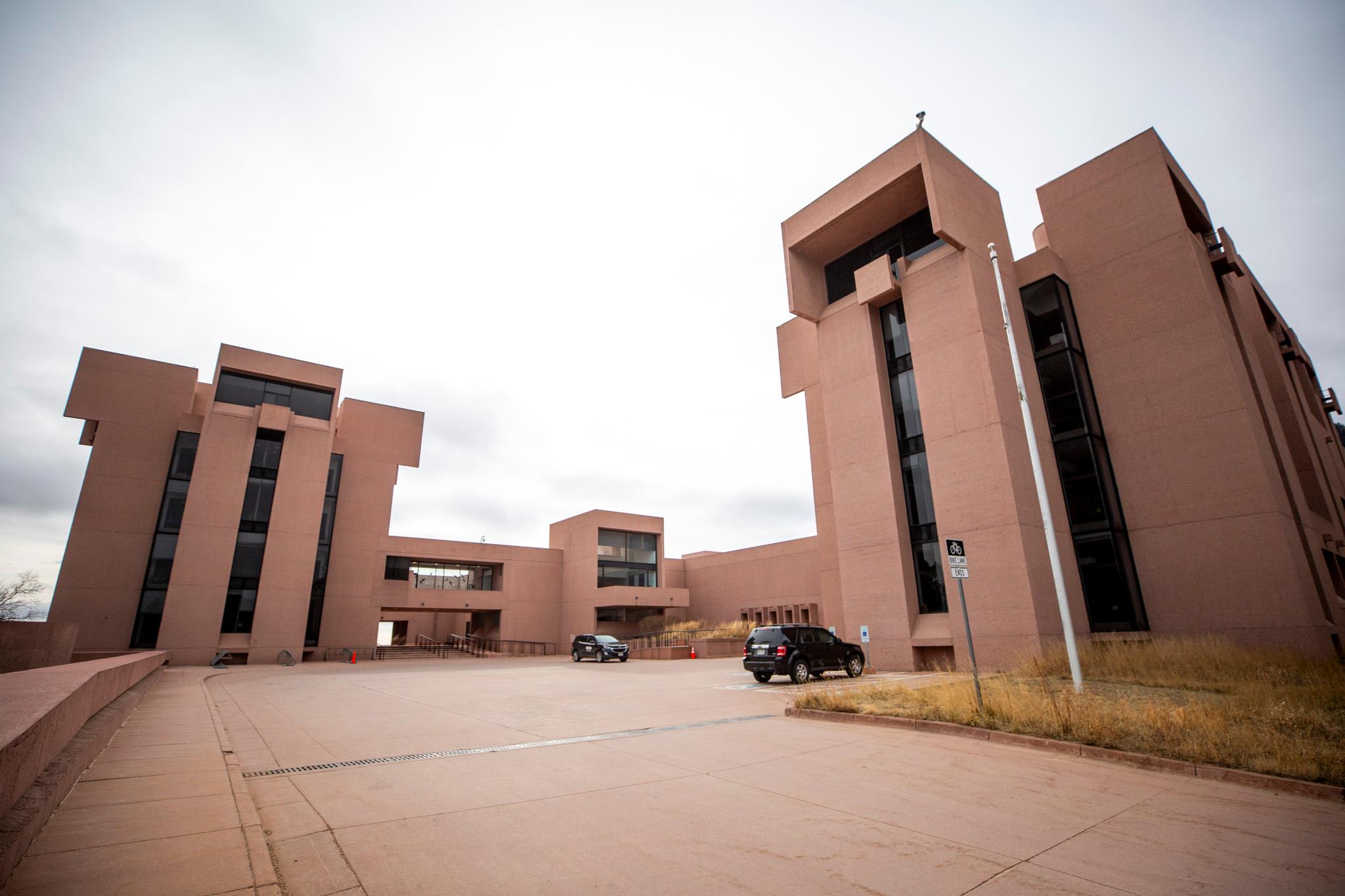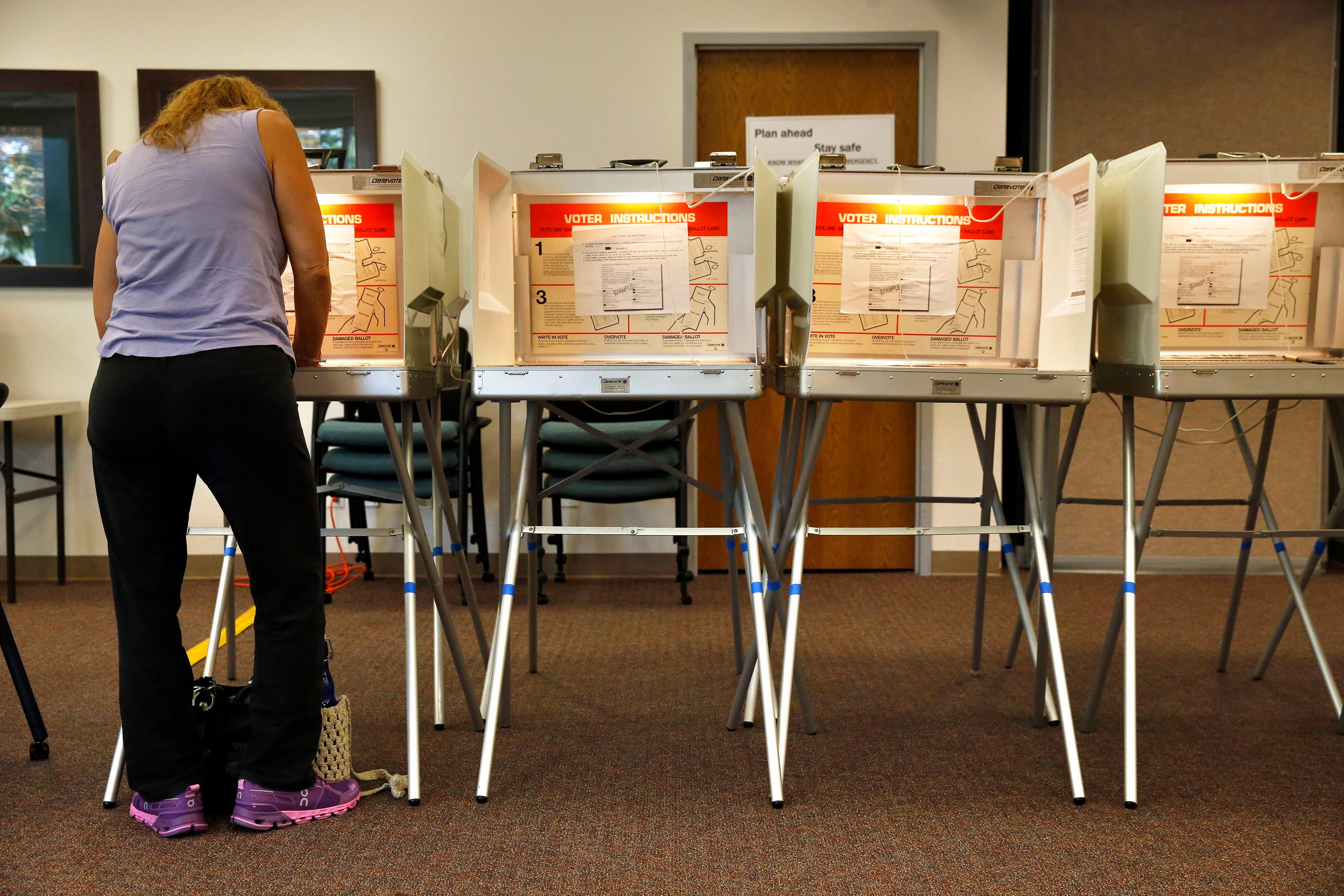
Proposition 107 calls for replacing political party caucuses in favor of a state run presidential primary. It would also open that primary to unaffiliated voters. That means they'd be able to pick a presidential candidate for the general election even though they don't belong to a party. This bestows new power on more than a million Coloradans. There's a companion measure -- Proposition 108 -- that opens down-ballot primaries to unaffiliated voters as well.
A “yes” vote means you support each of the primary measures.
The impetus for these ballot measures began in March. An unexpectedly high number of voters turned out for the Democratic caucuses, driven in part by their zeal for Vermont Sen. Bernie Sanders’ campaign. When the dust settled — at some caucuses, voters had to be turned away because the facilities simply weren’t staffed and large enough — Sanders actually won more delegates, but Hillary Clinton had locked up pledged, or superdelegates.
On the Republican side, the party chose not to hold a presidential preference poll on caucus night. Later, at the party’s state assembly there was an uproar among supporters of Donald Trump because they were blindsided by a better organized Ted Cruz campaign. The Texas senator won the state’s GOP delegates handily.
Colorado used to hold presidential primary elections, but switched over to the caucus system decades ago, partly as a measure to save the government money, and partly because party leaders saw the caucuses as more grassroots in nature. Switching back to a presidential primary would cost the state and counties millions of dollars every four years. But Gov. John Hickenlooper says the cost would be worth it.
